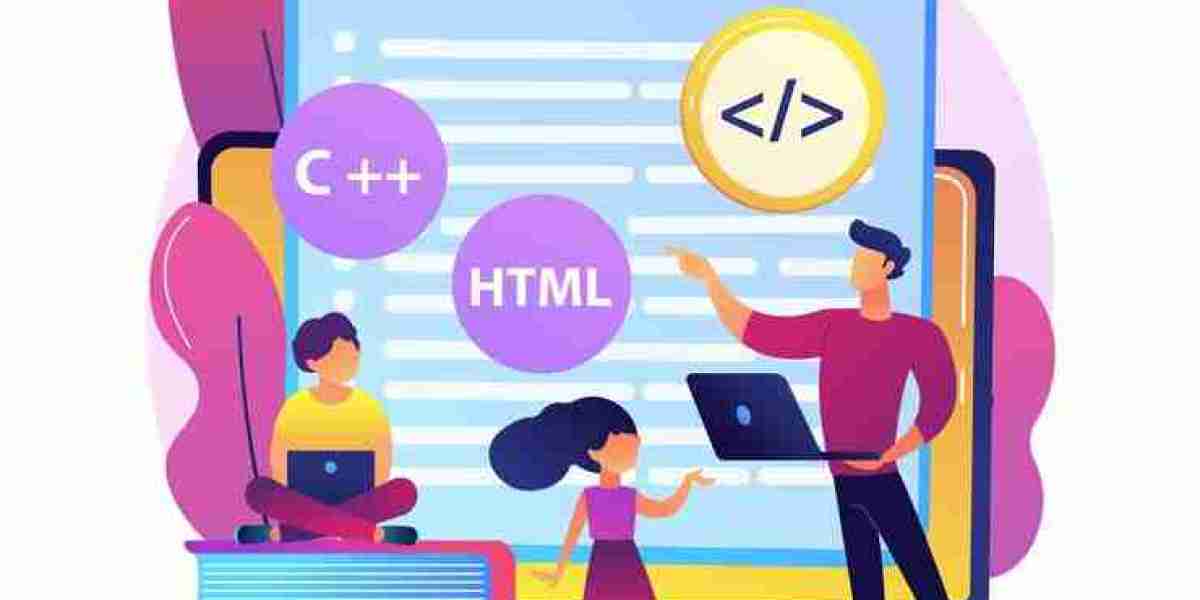Python is an easy and versatile programming language.Whether you're completely new to coding or looking to expand your skills, Python is a great place to start. This blog will guide you through the essentials of starting your Python coding journey and help you go from a beginner to a confident coder.
Why Start with Python?
Python has simple and easy-to-read syntax, which makes it great for beginners.It mimics plain English, so understanding code becomes less intimidating. Additionally, Python is widely used in fields like data science, web development, automation, and artificial intelligence. Learning Python opens up many opportunities.
Step 1: Setting the Foundation
Install Python and Set Up Your Environment:
To start, download and install Python from the official website.Pair it with a simple code editor like Visual Studio Code or an integrated development environment (IDE) such as PyCharm for an enhanced coding experience.
Understand the Basics of Python Programming:
The first step on your Python learning roadmap is to grasp basic concepts, including:
Variables and Data Types
Loops (e.g., for and while loops)
Conditional Statements (if-else statements)
Functions
You can practice these using small exercises, like creating a calculator or writing a program to find even numbers.
Step 2: Learn By Doing
Follow a Beginner’s Guide to Python:
Begin with tutorials and courses designed for Python beginners.Websites like Codecademy, Coursera, or free resources like Python.org provide excellent materials to guide you step-by-step.
Build Small Projects:
Once you’re comfortable with the basics of Python programming, create simple projects like a to-do list app, a number guessing game, or a weather notifier. These help solidify your learning and expose you to real-world coding challenges.
Step 3: Avoid Common Mistakes
Python Coding Tips for New Programmers:
Here are a few key tips:
Focus on Writing Clean Code: Use proper indentation (Python is strict about this!).
Read Error Messages Carefully: Errors are part of learning. Learn to debug effectively.
Start Small: Don’t rush to tackle complex tasks—master the fundamentals first.
Use Libraries and Modules: Python has many libraries, like NumPy and matplotlib, to make tasks easier.
Step 4: Expand Your Skills
Explore Python’s Applications:
After mastering the basics, explore Python’s role in fields like data science, machine learning, and web development. Learn frameworks like Django for web applications or Pandas for data analysis.
Create a Learning Plan:
A good Python learning roadmap includes a clear goal, like mastering Python for a specific career field. Set milestones and track your progress.
Step 5: Keep Practicing
Learning Python is a continuous process. Practice regularly, contribute to open-source projects, or solve coding challenges on sites like LeetCode or HackerRank.
Conclusion:
Python is a great language to begin your programming journey.By following a structured plan and focusing on practice, you can quickly progress from a beginner to a confident coder. Whether you’re learning Python to build web applications, analyze data, or explore artificial intelligence, it’s a skill that will open many doors.
If you're interested in learning more about the python programming related courses offered by Tudip Learning please visit: https://tudiplearning.com/course/introduction-to-python/.







